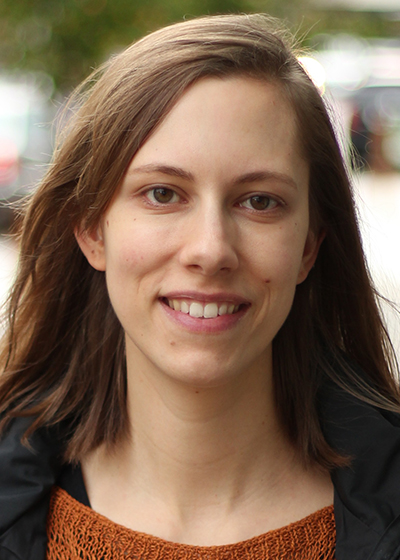Marketizing the wealth gap? Geographies of risk and power in the pursuit of an anti-racist finance
View the video of this talk on the Department of Geography Coffee Hour Channel
About the talk
Historical and ongoing structural discrimination has created racialized geographies of inequality in the United States: wealth gaps, wage gaps, employment gaps, and so on. This history, coupled with continued constraints on state social services following the 2008 financial crisis, has prompted claims that private and charitable capital must fill these gaps. Many of these capital flows piggyback off state efforts to incentivize (rather than directly fund) social investment in dis/underinvested areas, bolstered by voluntary commitments from private and philanthropic capital to shrug off a racist past in favor of revitalizing disinvested communities with investments guided by a “lens” of racial justice. While at first glance these efforts might simply seem like another pretext for private profiteering, they partially align with the demands of marginalized communities and organizations like the Movement for Black Lives: demands for reinvestment in health, education, and social services in historically disinvested communities.
Based on an analysis of the burgeoning array of investments constructed along these lines, I explore the social and financial geographies of the emerging field of racial justice investing. In particular, I ask how different actors perceive the responsibilities of private capital to the improvement of racially-marginalized places – places in which private capital has also been a private driver of racialization and marginalization.
About the speaker
 Emily Rosenman is an assistant professor of Geography at Penn State. Her research examines urban and economic geographies of finance and inequality. Past work has examined the uneven rebuilding of housing in post-Katrina New Orleans, the geographies of the housing foreclosure crisis in Cleveland, and the development of “double-bottom line” investing – a financial industry claim that poverty and other social problems can be solved while creating profits for private investors. She earned a MA and PhD in geography from the University of British Columbia.Prior to graduate school, Dr. Rosenman worked in urban disaster planning as a contractor for the US government.
Emily Rosenman is an assistant professor of Geography at Penn State. Her research examines urban and economic geographies of finance and inequality. Past work has examined the uneven rebuilding of housing in post-Katrina New Orleans, the geographies of the housing foreclosure crisis in Cleveland, and the development of “double-bottom line” investing – a financial industry claim that poverty and other social problems can be solved while creating profits for private investors. She earned a MA and PhD in geography from the University of British Columbia.Prior to graduate school, Dr. Rosenman worked in urban disaster planning as a contractor for the US government.
Background information: https://fortune.com/2019/06/06/esg-focused-fintech-startup-openinvest-launches-racial-justice-investing-tool/

